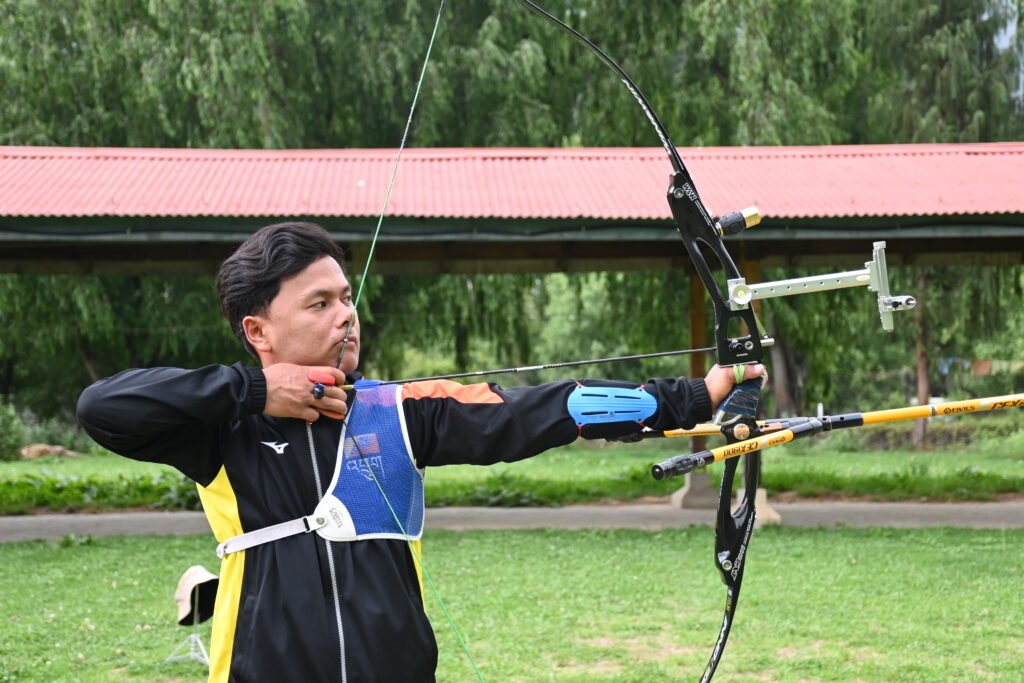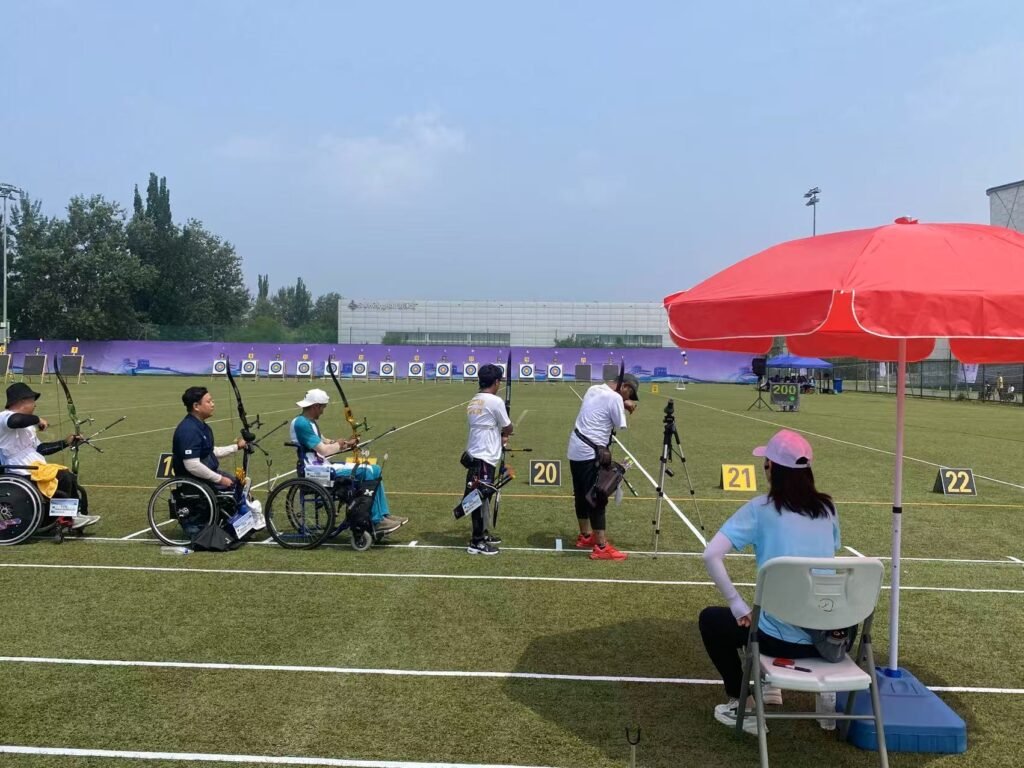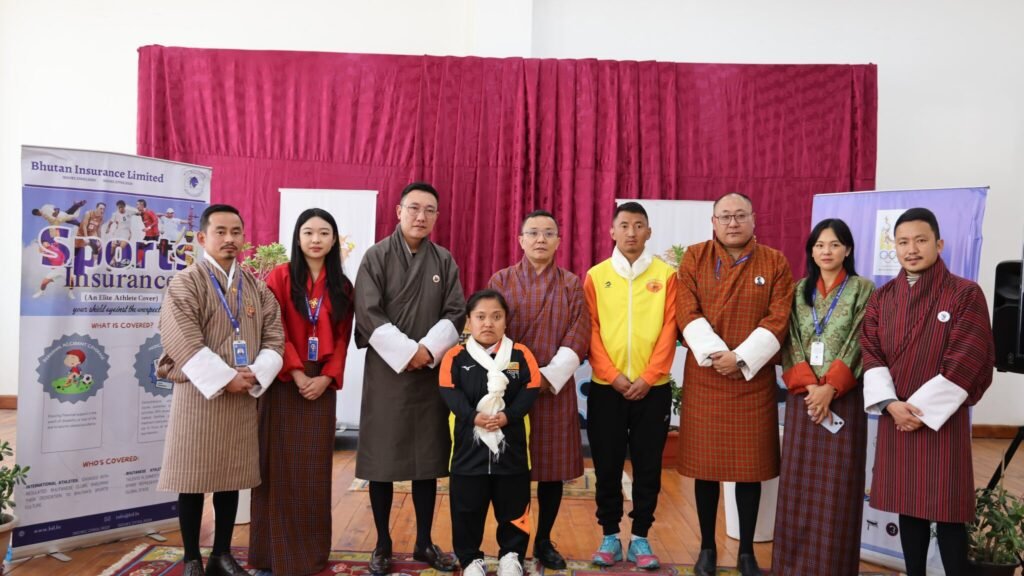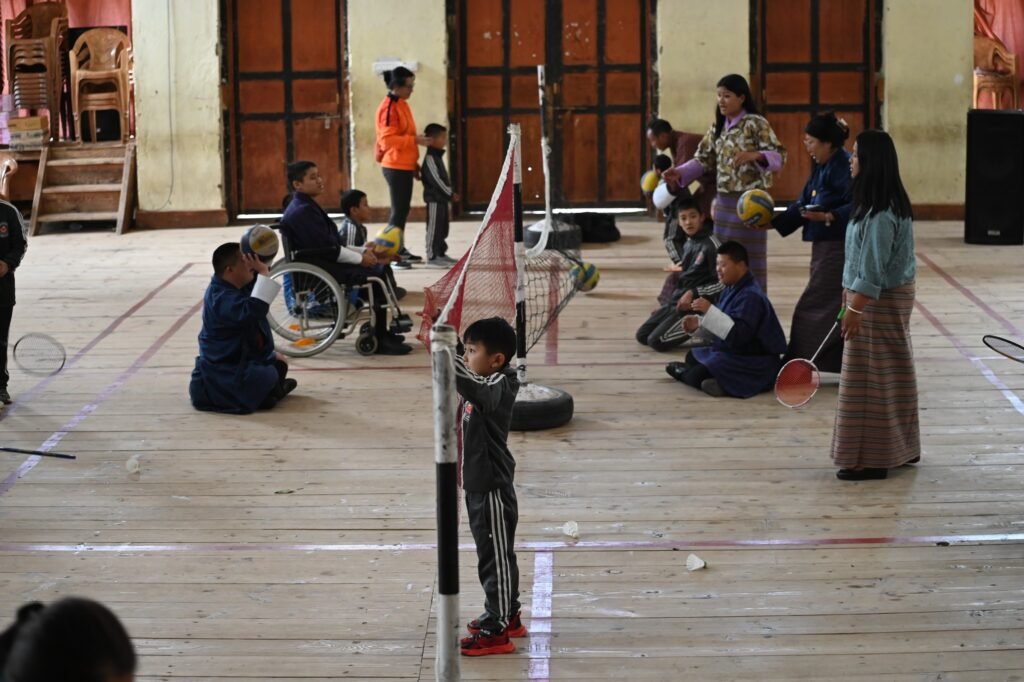
With Unbreakable Spirit,
You Can Rise Again
Tika Ram Ghalley is 26 years old, from Samtenling in Sarpang. For most of his childhood, life was ordinary—school, friends, football. But in December 2013, everything changed in a split second.
“It was during the winter school break,” Tika begins, his voice steady. “I was working a temporary job at a factory, earning just Nu. 210 a day. That day, I’d gone with my friends to celebrate National Day. Later, I had a night shift.”
What happened next would alter the course of his life forever.
“Earlier that day, I was playing football and hit my foot. It didn’t hurt—but it felt strange. Like a bad sign.”
That night, after dinner, Tika reported to work at the coal crusher. It was just another shift—until it wasn’t.
“We’d finished the first round. During the second, I slipped and fell into the machine. My right foot got caught and was pulled in. The pain… it was unbearable.”
No one noticed at first. But a friend sensed something was wrong and rushed over.
“He saw me trapped and screamed for help. People came running. Nima, one of my closest friends, tried to pull me out. It was impossible. Eventually, they dismantled the machine to get me out.”
Tika was rushed to Phuntsholing Referral Hospital, then transferred to Siliguri. When he woke up, he was no longer whole.
“My right leg was gone. Amputated. I couldn’t believe it. I sank into depression. There were days I didn’t want to live anymore.”
But amidst the pain, the nurses, doctors, and caregivers lit a spark within him.
“They reminded me I still had a life to live. Slowly, I found the courage to stand again—on one leg, but with twice the strength.”
After a month of recovery, he returned home. That’s when he heard a name that would open a new chapter in his life: Sonam Dema, a schoolmate and member of the national archery team.
“That was the first time I heard about professional archery. I didn’t know much about the Paralympic movement back then. But it planted a seed.”
His friends, Tashi Dhendup and Karma Chimi, saw something in him he couldn’t yet see in himself.
“They told me, ‘You should try something—maybe Zorig Chusum or sports.’ I didn’t know how I could earn a living. But I kept searching.”
In 2018, while continuing his education at Rinchen Higher Secondary School, more hardship arrived—his father retired.
“We didn’t know how we’d afford my education. But my relatives stepped in and supported me. I’ll always be grateful for that.”
Then in 2021, fate knocked again. He learned about the Paralympic movement and asked his uncle for help. That led him to the Bhutan Paralympic Committee at Changlimithang.
“I tried para-shooting first, but was told I didn’t qualify. It hurt—but I didn’t let it stop me.”
Then came para-archery. One chance. One bow. One coach.
“Coach Park gave me the chance I was waiting for. I started training the next day.”
But training came with a heavy price. Literally.
“I had no official support. I had to travel by bus and reserve taxis. The cost started at Nu. 2,000 and kept going up. Eventually, I couldn’t afford it anymore. I had to drop out after Class 11.”
Despite heartbreak, Tika finished Class 12 and returned to his village, uncertain about the future. Then came 2023—and a phone call that changed everything.
“Coach Karma Tshering called. He offered his support. I was hesitant—I had no one in Thimphu. And we were still struggling financially. My father didn’t believe there was a future in para-archery.”
But two women changed his mind: his mother and elder sister.
“They told him, ‘Let him try.’ And he listened. I’m so thankful for that.”
By December 2023, Tika was back. Stronger, hungrier, and finally supported. On January 1, 2024, he was officially registered as a para-archer.


“The Bhutan Archery Federation gave me accommodation. That meant everything. I could finally focus on my training.”
And then came the moment he had dreamed of—the 2025 Asian Para-Archery Championship in Beijing. His first international debut.

“I was nervous,” he admits. “But I gave it everything. I didn’t win a medal, but I made sure people knew Bhutan was here—and I’m just getting started.”
Tika didn’t return with a gold medal. But he came back with something far greater: belief.
“I’ve learned so much. I will train harder than ever. One day, I’ll bring a medal home. That’s my dream—and I know it’s possible.”
He stands today as more than just an athlete. He’s a voice, a symbol, and a reminder that even from the depths of despair, light can rise.
“I’m incredibly grateful to the Bhutan Paralympic Committee and everyone who believed in me. Para-archery gave me purpose. I want to tell others living with disabilities—don’t give up. Come forward. Try.”
“You can rise again—no matter how hard life has knocked you down.”


